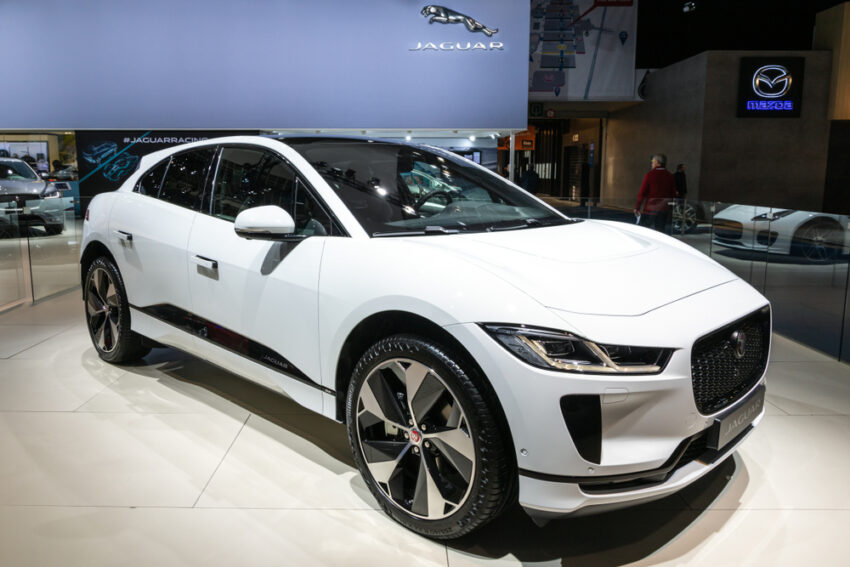
Jaguar Land Rover has hauled itself into the black and raised its full-year outlook after record sales in the first six months of the year.
Britain’s largest carmaker posted revenues of £13.8 billion between April and September, generating a profit before tax of £877 million compared with a loss of more than £500 million in the same period last year. Sales were up by almost one third year on year to 190,070 units.
The company, based in Warwickshire, has lifted expectations for its profit margin from a previously indicated 6 per cent to “around 8 per cent” for the full year.
The performance is the fourth consecutive quarter of growth and marks a dramatic reversal of fortunes for the company, which is owned by India’s Tata Motors.
Tata struggled with heavy losses amid snarled global supply chains in the aftermath of the pandemic.
It expects supply constraints to continue to ease, allowing production and wholesale volumes to gradually increase throughout the year: Range Rover, Range Rover Sport and Land Rover Defender models make up more than three quarters of the 168,000-strong order book.
Adrian Mardell, 62, its chief executive, said: “These results demonstrate the huge desirability of our modern luxury product portfolio and the skill of our hardworking teams, who have increased production to ensure we can satisfy the substantial demand for our cars more quickly.”
The firm has announced it intends to pump £15 billion into its Reimagine transformation programme, with plans to build a £4 billion battery gigafactory in Somerset, creating 4,000 jobs. It is also investing more than £1.4 billion to prepare its Halewood and Solihull plants to produce electric vehicles.
While only producing one zero-emissions vehicle, the Jaguar I-Pace, it expects to start deliveries of its first electric Range Rover, built in Solihull, towards the end of next year, with a target of battery-electric vehicles reaching 70 per cent of all sales in 2027.
It generates about two thirds of the earnings of its parent company, the shares of which have risen more than 64 per cent so far this year. They closed up 1.5 per cent at 637.5 rupees (£6.27) on the Mumbai stock exchange yesterday.